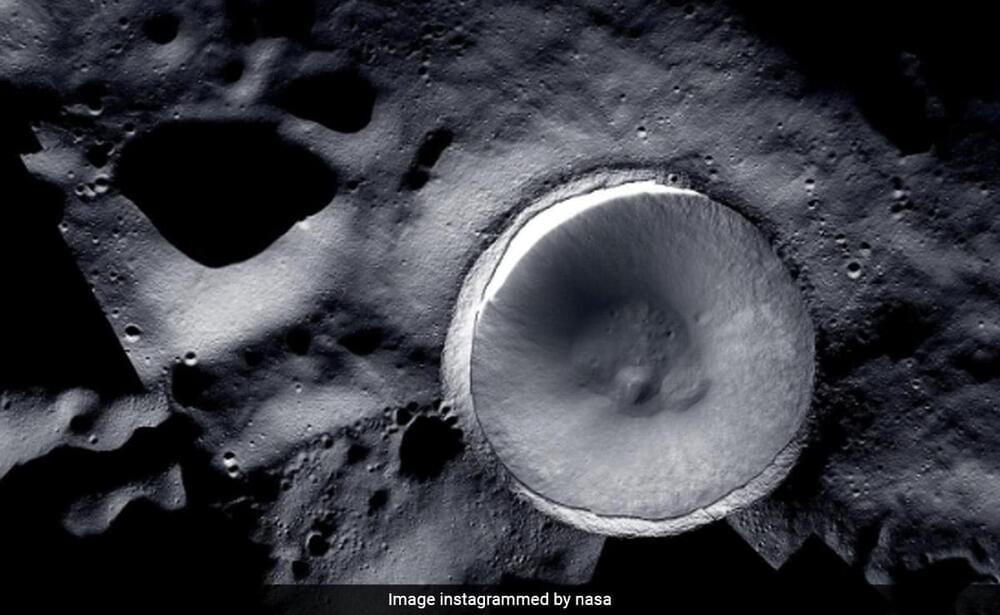“We’re all familiar with the Freudian idea that if we suppress our feelings or thoughts, then these thoughts remain in our unconscious, influencing our behaviour and wellbeing perniciously,” said Anderson. “The whole point of psychotherapy is to dredge up these thoughts so one can deal with them and rob them of their power.” It had become dogma in clinical psychology that efforts to banish thoughts or memories of a particular subject were counterproductive and made people think more about them, he said. “We challenge the view that thought suppression worsens mental illness.” https://www.ft.com/content/5495b3ee-6c08-4d89-a614-c0acb83aa9a6
The commonly-held belief that attempting to suppress negative thoughts is bad for our mental health could be wrong, a new study from scientists at the University of Cambridge suggests.





